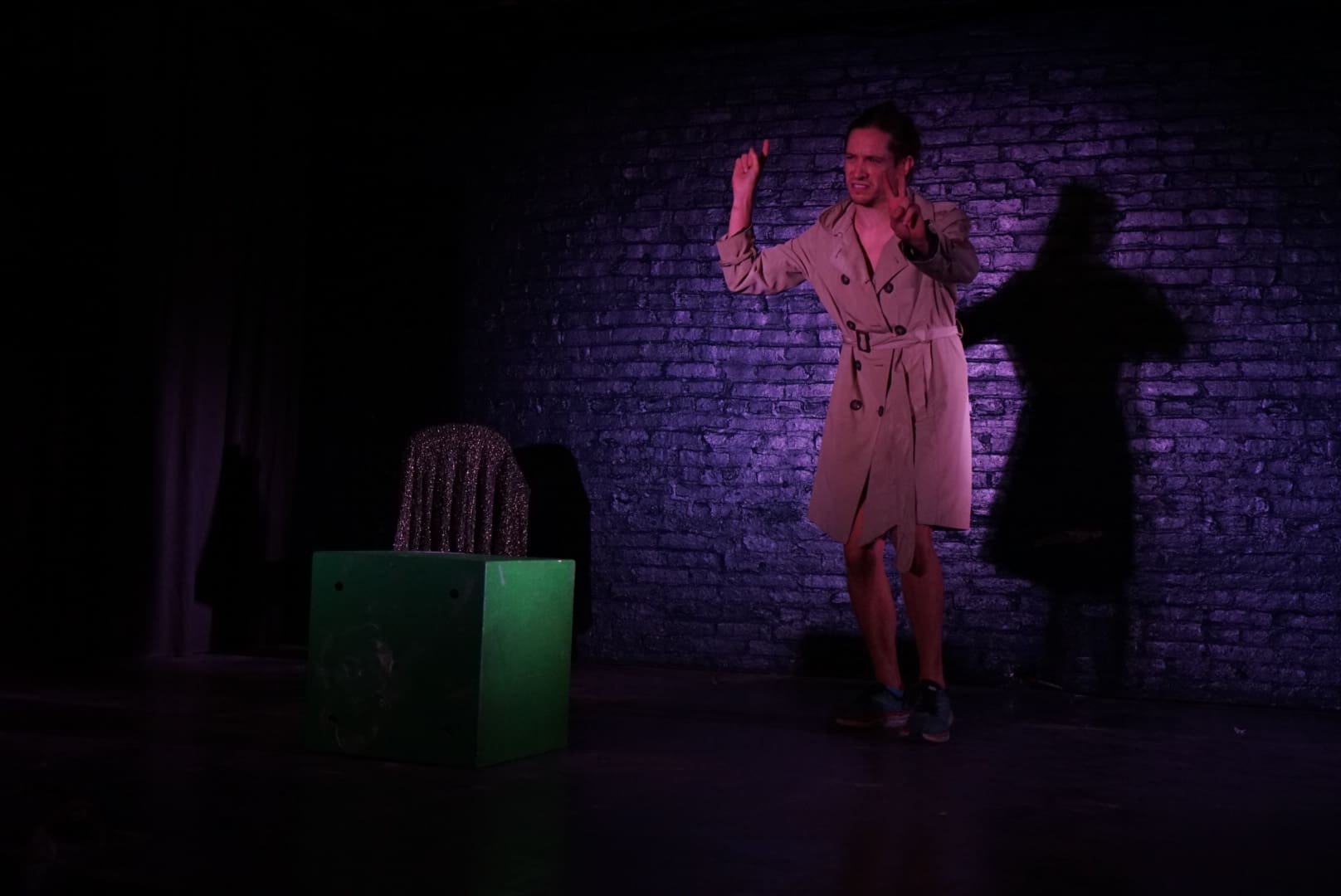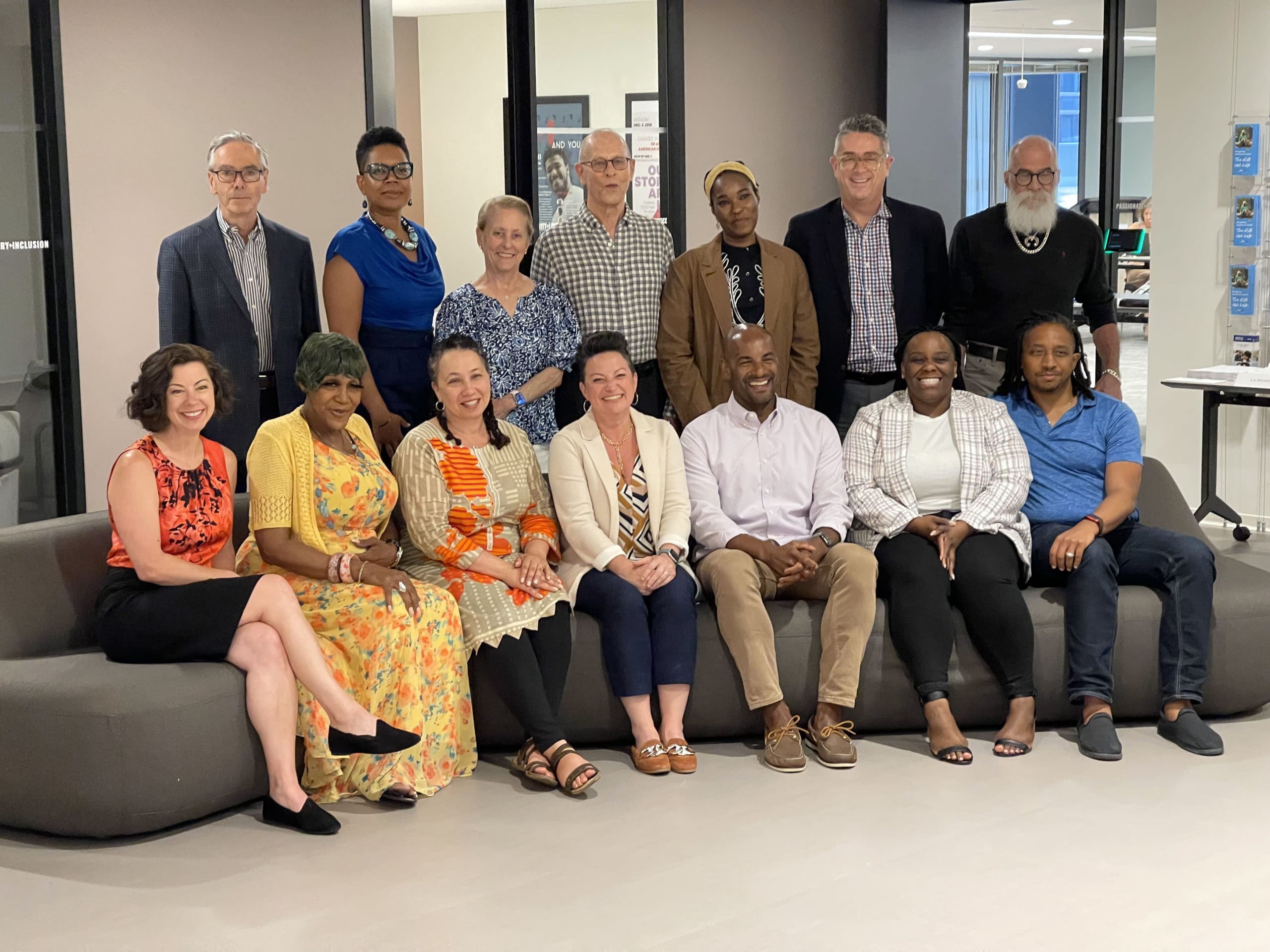
1. Full Disclosure by Camryn Garrett
In “Full Disclosure,” Camryn Garrett weaves a poignant and empowering story of Simone Garcia-Hampton, an HIV-positive teen navigating the turbulent waters of high school, friendship, and first love. As she juggles the roles of student director for Rent and a girl smitten by the charming Miles, Simone faces the daunting challenge of disclosing her HIV status. Her journey is one of courage and self-acceptance, capturing the essence of teenage perseverance against societal prejudices. This uplifting narrative is a must-read for fans of Angie Thomas and Nicola Yoon, offering a fresh perspective on love and identity amidst adversity.

2. Detransition, Baby by Torrey Peters
Torrey Peters’ debut novel “Detransition, Baby” is a brilliant exploration of gender, motherhood, and relationships. Following Reese, Ames, and Katrina, the novel delves into the complexities of their lives as they consider forming an unconventional family after an unexpected pregnancy. Peters fearlessly tackles the intricate emotions and societal taboos surrounding detransitioning, making this a provocative and deeply moving read. It’s a tale of love, identity, and the messy, beautiful facets of womanhood that will leave you reflecting long after the last page.

3. My Fabulous Disease: Chronicles of a Gay Survivor by Mark S. King
Mark S. King’s “My Fabulous Disease” is a candid and often humorous memoir that spans four decades of living with HIV. King masterfully combines humor with harsh truths, presenting a portrait of survival infused with optimism and resilience. Through his essays, King offers an personal look into the lives of those affected by HIV, revealing the strength and spirit required to endure. This collection is not just a testament to his journey but a potent call to recognize the humanity and courage of all survivors.

4. To the Friend Who Did Not Save My Life by Herve Guibert
Herve Guibert’s “To the Friend Who Did Not Save My Life” is a darkly comic and devastatingly honest account of his diagnosis with HIV. Set against the backdrop of his friend Muzil’s death, the novel chronicles Guibert’s encounters with quack doctors and the progression of his illness. Known for its transgressive prose and intimate tone, this cult classic offers a raw and unfiltered glimpse into the fear, frustration, and humanity of living with AIDS. Guibert’s narrative is a profound exploration of suffering and the search for dignity in the face of mortality.

5. Never Silent: ACT UP and My Life in Activism by Peter Staley
Peter Staley’s memoir “Never Silent” is an inspiring account of his journey from a closeted Wall Street trader to a leading activist in ACT UP. Staley’s strategic brilliance and relentless activism played a crucial role in changing the course of the AIDS epidemic. His stories of organizing spectacular protests, including shutting down the New York Stock Exchange, are both thrilling and motivating. “Never Silent” is a poignant reminder of the impact of activism and the importance of raising our voices against injustice.

6. Don’t Call Us Dead by Danez Smith
“Don’t Call Us Dead” by Danez Smith is an innovative and creative poetry collection that confronts America’s racial and social injustices. Smith’s evocative poems imagine an afterlife for Black men killed by police, juxtaposing themes of violence, desire, and mortality. The collection also delves into Smith’s own HIV diagnosis, offering a deeply personal and urgent narrative. Smith’s work is a lyrical masterpiece that challenges and uplifts, making it a must-read for anyone seeking to understand the intersection of race, identity, and health.

7. Fag Hags, Divas and Moms: The Legacy of Straight Women in the AIDS Community by Victoria Noe
Victoria Noe’s “Fag Hags, Divas and Moms” shines a spotlight on the often-overlooked contributions of straight women in the fight against HIV/AIDS. Through in-person interviews and archival research, Noe uncovers the stories of women who have been advocates, caregivers, and warriors in the epidemic. This groundbreaking book ensures that their legacies are honored and their influence recognized. It’s an important testament to the determination and compassion of these women, whose efforts have been pivotal in the battle against HIV/AIDS.

8. A Lover’s Journey by Nakeisa Jackson
Nakeisa Jackson’s “A Lover’s Journey” is a heartfelt memoir that chronicles her path from an HIV diagnosis in college to finding love, purpose, and faith. Jackson’s story is one of durability and transformation, as she learns to love herself and others through the love of God. Her journey offers valuable lessons on healing, self-discovery, and the power of faith. This book is an inspiring guide for anyone facing similar challenges, providing hope and encouragement for embracing life’s trials with grace.

9. How to Survive a Plague by David France
David France’s “How to Survive a Plague” is a definitive history of the AIDS epidemic, capturing the heroic efforts of gay activists who fought for their lives and the lives of others. Based on the Oscar-nominated documentary, this book provides an in-depth look at the founding of ACT UP and TAG, the underground drug market, and the eventual medical breakthroughs. France’s reporting is relatable and expansive, offering a gripping account of the struggle for survival and the relentless pursuit of justice. This is a crucial read for understanding the legacy of AIDS activism.

10. It Was Vulgar and It Was Beautiful: How AIDS Activists Used Art to Fight a Pandemic by Jack Lowery
Jack Lowery’s “It Was Vulgar, and It Was Beautiful,” tells the story of Gran Fury, the art collective that emerged from ACT UP to combat the AIDS crisis through provocative public art. From the iconic “Kissing Doesn’t Kill” poster to dramatic actions on Wall Street, Gran Fury’s work was a deeply insightful blend of art and activism. Lowery’s narrative is a tribute to the collective’s creativity and determination, highlighting the enduring effect of art in social movements. This book is an inspiring reminder of the strength of artistic expression in the fight for justice.
Reading these remarkable stories offers more than just knowledge—it connects us to the lived experiences of those affected by the HIV epidemic. By sharing these narratives, we foster empathy and understanding, which are crucial in the effort to end the HIV Epidemic and our journey towards getting to zero. Each story adds a layer to our collective history, teaching us invaluable lessons about strength, activism, and the might of the human spirit. Dive into these books and join us in our commitment to learning and growing together. Happy reading!




